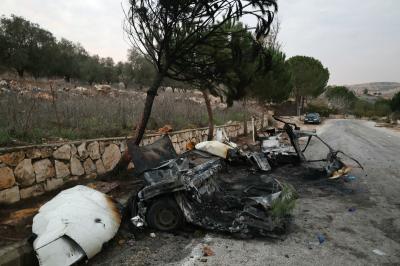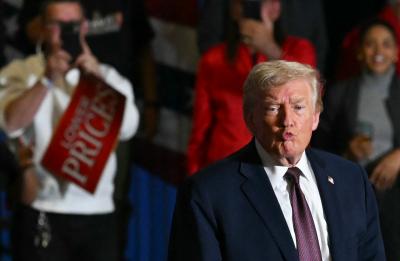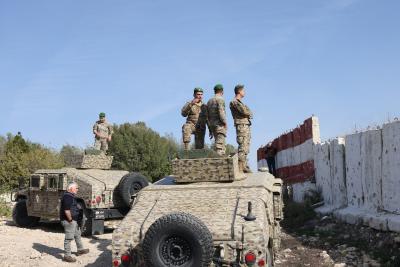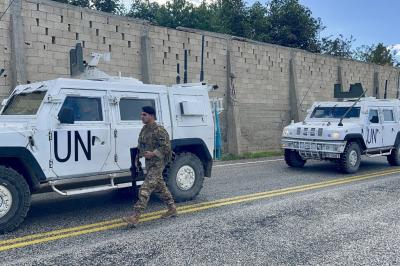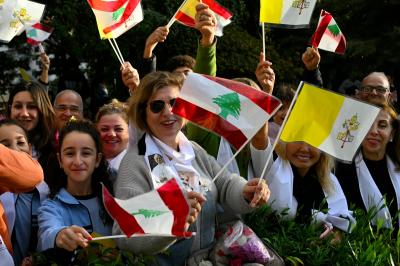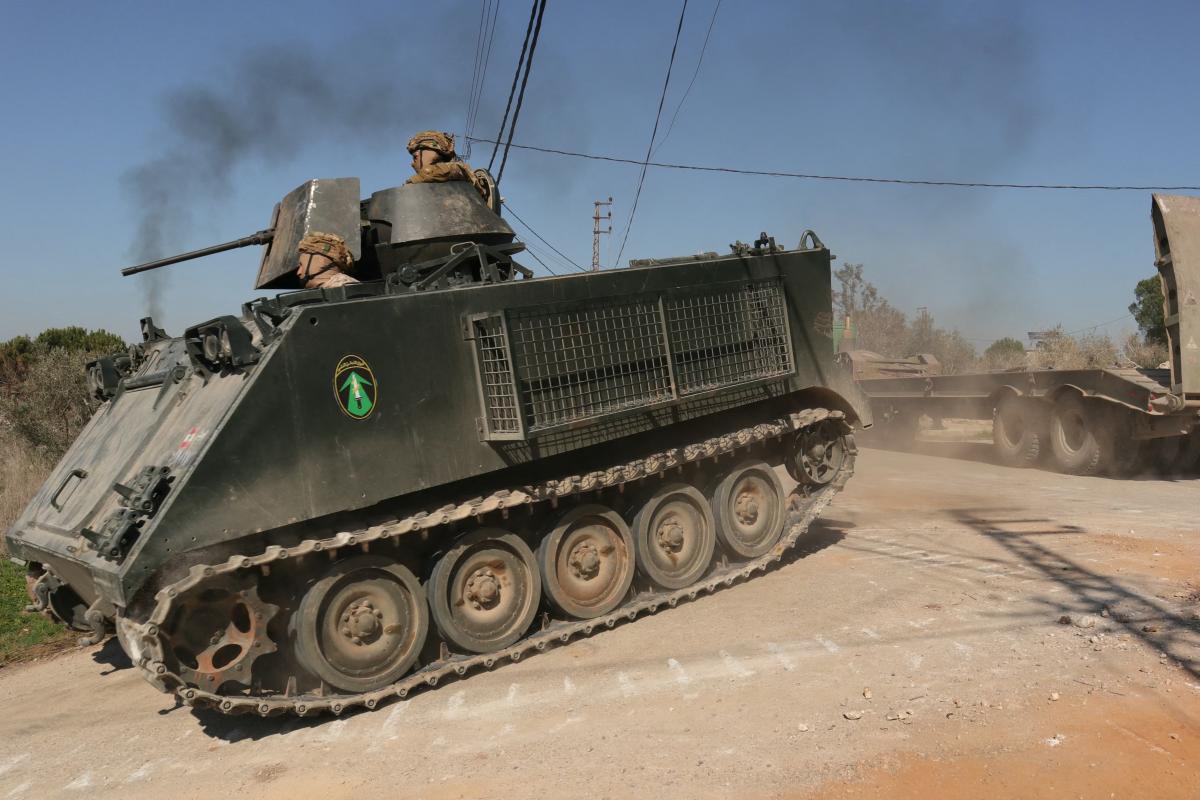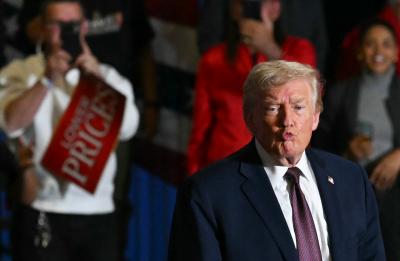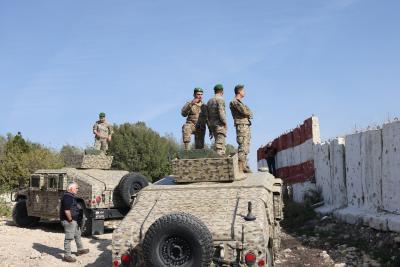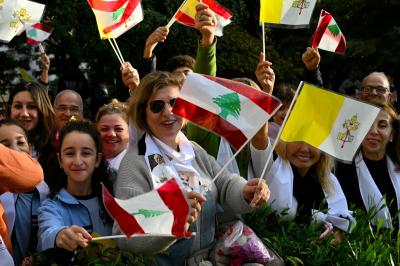The Lebanese—citizens, officials, political figures, and observers—agree on one undeniable truth: Lebanon has turned a chapter and begun a new one. Yet, they are cautious when it comes to the nature of the emerging phase, measuring its course and implications through the lens of their aspirations, calculations, and, in some cases, political calculations.
The burdens, crises, and devastation of the previous era are well known. As for the new one, despite its uncertainties due to external dynamics, it is gradually revealing a national framework that has been taking shape for the past five weeks. This framework is expanding within state institutions, gaining momentum as the highest levels of power are consolidated, paving the way for the reformation of middle and lower levels of governance and filling long-standing institutional vacuums.
The establishment of effective executive authority at all three levels, with the swift and assured pace that has characterized the new administration and government, is expected to generate a dynamic decision-making process. This will reinvigorate the state, reaffirm its legitimacy, and reestablish its exclusive authority over three critical sectors: security, justice, and the economy.
It is becoming evident that the state is gradually reclaiming control over Lebanon’s borders in the south, east, and north while maintaining a firm grip on internal affairs to prevent destabilization that could jeopardize national peace.
The South: The Army Takes the Lead
South of the Litani River, non-state actors have retreated behind the Lebanese army after failed attempts to bypass its authority under the pretext of facilitating the return of displaced residents. These incidents, some of which resulted in casualties, underscored the army’s role as the main enforcer of UNSC Resolution 1701 and the ceasefire agreement. Hezbollah’s leadership has repeatedly reaffirmed its commitment to abiding by the decisions of the state and its military.
Whether Israel follows through on its expected withdrawal from occupied villages and hills by February 18, under U.S. pressure, or delays it alleging incomplete disarmament efforts, the Lebanese state—along with the ceasefire monitoring committee and UNIFIL—remains solely responsible for managing the situation on the ground. Armed with political and diplomatic leverage, Lebanon’s legitimate government has proven that legality is the most powerful weapon, especially after the devastating lessons of direct military confrontation.
Even Hezbollah appears to have recognized that the state, through its legitimacy, military strength, and diplomatic outreach, is the only viable path to reclaiming national rights, whether in terms of territorial sovereignty, the return of prisoners, or achieving long-term stability and reconstruction.
Lebanon’s official relations with the international community—particularly with the U.S. and France—played a decisive role in shielding vital infrastructure such as Beirut’s airport and port from Israeli strikes. These diplomatic ties also helped broker the ceasefire, balancing the terms as much as the dynamics of power allowed.
The East: Border Stability Takes Precedence
In northern Bekaa, Hermel, and Akkar, after deadly clashes along the Syrian border, local clans and Hezbollah have realized that the Lebanese army is the most reliable guarantor of security. They have relinquished control of the field, leaving it to military forces to manage the situation in coordination with Syria’s newly restructured army.
The closure of smuggling routes—once a lucrative source of revenue and armed influence—has been deemed a lesser evil compared to the loss of lives and livelihoods. Both Lebanon and Syria now have a vested interest in establishing clear and definitive border controls, severing ties with the practices of the previous Syrian regime.
In this context, implementing UNSC Resolution 1680, which affirms Lebanon’s sovereignty and political independence through securing its borders, may serve the interests of both nations. If necessary, international peacekeeping forces could be deployed, mirroring the arrangements in the south. The United Kingdom has already installed border observation and surveillance towers and stands ready to complete the construction of the whole observation network to curb arms and drug smuggling.
A State Reclaiming Its Authority
These two pivotal developments—the state’s boosted presence in the south and its assertion of control over the northeastern borders—mark a qualitative shift. They are instrumental in securing both the population and national borders, allowing for the stabilization of communities in one area and the return of displaced people in the other. In this process, the state, with its legitimacy, military, and sovereign decision-making, emerges as the first among the displaced to return.
Buoyed by these successes, the Lebanese state embarks on the long road to restoring public confidence. This includes not only those who have always believed in its necessity and longed for its return but also those who, after years of undermining its authority, are now acknowledging its legitimacy as the sole governing force.
A state that embraces all Lebanese, at home and abroad—one that they rally around and recognize as the ultimate authority in making decisions of war and peace… after the war.
Please post your comments on:
[email protected]
 Politics
Politics
